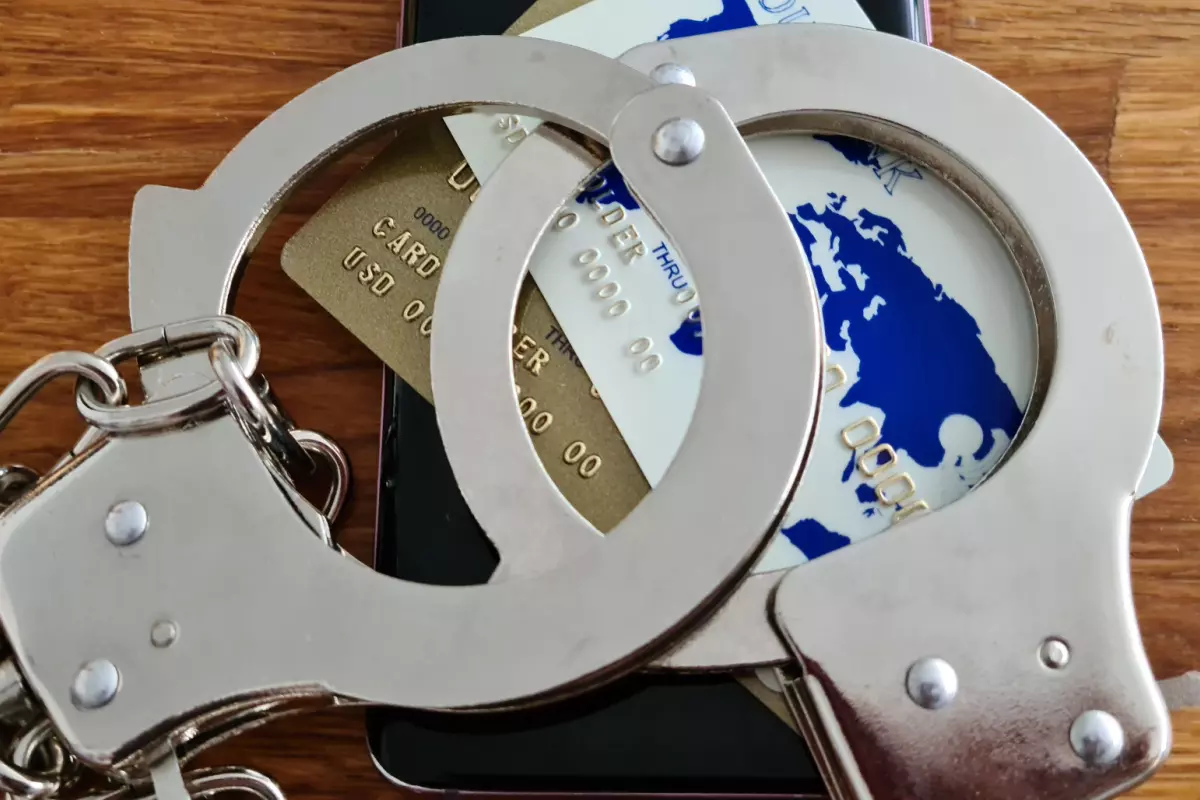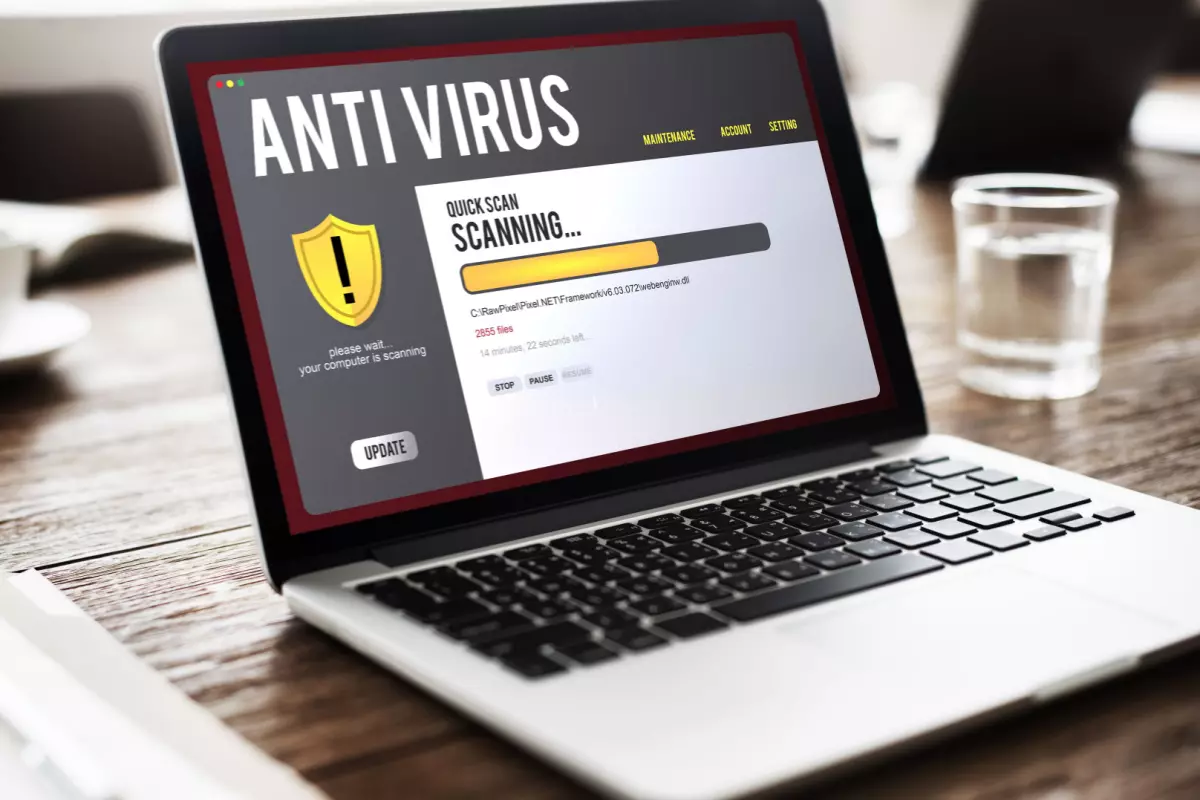Prevent Credit Card Fraud: Laws and Regulations
It’s an average Wednesday afternoon. Engaged in your daily routine, you hear your phone suddenly buzz; it’s an alert from your bank. “Suspicious activity detected on your credit card,” it reads. Your heart drops. You open the app, and a wave of shock washes over you. Someone has been shopping up a storm with your credit card – only it wasn’t you.
This unsettling scenario is more common than you’d like to believe. Credit card fraud, a form of payment fraud, is a growing threat in our increasingly digital age. It carries significant implications for the victims and severe legal consequences, including possible jail time, for those guilty of committing such fraud.
In this blog, we’ll delve into what credit card fraud entails, the laws and regulations surrounding it, and, most importantly, the penalties for committing this crime. Knowledge is power, and understanding these risks can act as a deterrent against falling into such fraudulent activities.
What Is Credit Card Fraud?
Credit card fraud is a form of identity theft where an individual uses someone else’s credit card information, without their consent, for personal gain. This could be through physically stealing the credit card, hacking into databases to get credit card numbers, or tricking the credit card owner into revealing their card information.
5 Types of Credit Card Fraud
Credit card fraud is a vast umbrella term that covers many distinct yet interconnected types of illegal activities. As our reliance on digital transactions grows, it becomes essential to understand the many forms this fraud can take.
Application Fraud
In an era where applying for credit cards online is the norm, application fraud has become increasingly prevalent. Here, fraudsters apply for a credit card using someone else’s personal information – often stolen or purchased from the dark web.
This information can be stolen from various sources, including data breaches, phishing emails, spyware, and even physical theft. The data typically targeted by thieves include full names, Social Security numbers, birth dates, and home addresses, which can provide enough details to apply for a credit card.
Lost or Stolen Cards
Losing your credit card or having it stolen may seem like the most basic form of credit card fraud, but the aftermath can be chaotic. If you misplace your credit card or if it’s stolen, it can be used to make unauthorized purchases. Imagine losing your wallet while on a trip; while you’re frantically searching for it, someone else might be on a shopping spree with your card.
Card Not Present Fraud (CNP)
The advent of the digital age has made Card Not Present (CNP) fraud a prevalent threat. Here, stolen card data is used for transactions, even without the physical card – often happening online or over the phone.

For example, if someone’s credit card data was compromised during a data breach, a fraudster could use this information to buy goods online, even though the card never left the owner’s possession.
Carding Fraud
In carding fraud, fraudsters begin with small purchases to validate the stolen card data against a merchant’s payment processing system. Once the card is confirmed as active, they make larger unauthorized purchases.
Counterfeit Card Fraud
Technological advancements have enabled criminals to create fake cards using stolen credit card information. For instance, someone’s credit card data can be stolen and encoded into a magnetic strip of a blank card, creating a counterfeit card that can be swiped in stores.
Credit Card Fraud Laws and Regulations
Credit card fraud, a severe crime, encompasses a broad range of illegal activities, each taken sternly by legal authorities. In the U.S., federal and state laws are in place to combat this fraud, provide consumer protection, and ensure offenders face justice.
The U.S. has a diverse legal landscape where each state has its own laws, regulations, and consequences for credit card fraud. For instance, in some states, credit card fraud may be treated as a misdemeanor with less severe penalties, while others may consider it a more serious offense.
At the same time, federal laws come into play in certain situations, mainly when fraud involves interstate commerce. Interstate commerce refers to purchasing, selling, or exchanging commodities, transporting people, money, goods, or other commercial transactions across state lines. Under federal jurisdiction, credit card fraud is often classified as a felony, which typically carries a sentence of over one year in jail.
Key Provisions in Credit Card Fraud Regulations:
There are several federal regulations that have been enacted to protect consumers against credit card fraud and predatory lending. Here are the main provisions:
- Truth in Lending Act (TILA): Enacted in 1968, it protects consumers against inaccurate and unfair credit billing and credit card practices, including limiting cardholders’ liability for unauthorized use.
- Fair Credit Billing Act (FCBA): Passed in 1974, it allows consumers to dispute billing errors and outlines procedures for resolving credit billing disputes promptly.
- Credit Card Act of 2009: Provides significant protections for credit card users. These include:
- Requiring credit card issuers to communicate the terms of an agreement and give cardholders 45 days’ notice of any significant changes to their contract, including interest rate increases
- Restricting how credit card issuers can raise interest rates
- Limiting fees and regulating over-limit fees
- Prohibiting double-cycle billing
- Requiring credit card issuers to allow at least 21 days from mailing a bill for a cardholder to pay it off
- Barring issuers from granting credit card accounts to anyone under 21 unless they have a co-signer or can show proof of income to manage their debt
- Mandating credit card companies to inform consumers about the duration to pay off their debt if they only made the minimum payment
Penalties for Credit Card Fraud
Credit card fraud is not just unethical; it’s illegal. Credit card fraud punishment is intended to reflect its seriousness and act as a deterrent. Depending on the severity and nature of the fraud, penalties can range from fines and probation to substantial prison sentences.

The liability will also depend on whether the crime is prosecuted under federal or state law.
First-Time Offense Credit Card Theft
A first-time offender can face up to one year in jail and may also be subjected to fines. The conviction remains on the person’s record for up to ten years, depending on local laws and the severity of the offense. This could impact future employment opportunities and their ability to obtain credit.
Financial Card Transaction Fraud
This form of credit card fraud typically involves more money. Depending on the value of the transactions, the penalty can range from two to 20 years in prison, hefty fines, or both. The court determines the exact liability based on the circumstances of the crime and any previous criminal history.
Aggravated Identity Theft
This form of fraud involves stealing someone’s identity to commit credit card fraud. Aggravated identity theft is considered a severe offense due to the extensive harm it can cause to the victim’s credit and reputation. Convicted offenders face a mandatory minimum sentence of two years in prison. In addition to prison time, offenders can be subjected to substantial fines. Long-term effects of such a conviction include a criminal record, which can affect future employment prospects, housing applications, and the ability to secure credit.
How to Detect and Prevent Credit Card Fraud
As the adage goes, “Prevention is better than cure.” The same principle applies to credit card fraud. The best way to prevent credit card fraud is by staying informed about the various forms of fraud and taking proactive measures to protect your information.
Regularly Monitor Your Financial Transactions
Keep a close eye on your bank and credit card statements. Review your transactions regularly and look for any charges you don’t recognize.

For instance, a small, unfamiliar transaction might be a test charge from a fraudster. Reporting these can nip potential fraud in the bud. Some banks and card providers offer mobile or email alerts for transactions, which can be a valuable tool for monitoring your account.
Safeguard Your Personal and Financial Information
- Be mindful of where and how you share your personal and financial information!
- Never share your credit card details via email or over an unsecured phone call!
- Always shield your PIN when using an ATM or payment system!
Furthermore, exercise caution when auto-saving passwords or credit card details on digital platforms. This convenience can pose a security risk if your devices are compromised. Always ensure that any digital payment systems you use are secure and encrypted.
Use Secure Websites for Online Transactions
When shopping online, check that the website’s address begins with “https” and has a padlock icon in the URL field. This indicates that the site uses encryption to protect your data. Additionally, try to stick with well-known, reputable retailers as much as possible.
Regularly Update Your Computer’s Antivirus Software
Keep your computer and other devices updated with the latest antivirus software. Regular updates ensure you have the latest protections against malware and other threats.

Using a reliable security suite can protect against various forms of online fraud.
Summing Up
What is credit card fraud? Like tax fraud, credit card fraud is a serious crime with severe consequences, including substantial jail time. Whether you’re a first-time offender caught up in a credit card scam or a repeat offender, the penalties can be severe and escalate with the offense’s magnitude.
Remember that the best way to avoid credit card fraud is through prevention and awareness. Protect your personal information, monitor your accounts, and always report suspicious activity. And, just as importantly, understand that fraud not only harms individuals but also undermines the integrity of our financial systems.
FAQs on Credit Card Fraud
For more information about credit card fraud, check out our frequently asked questions.
Do Banks Have To Refund Fraud?
Yes, in most cases, if you promptly report an unauthorized transaction on your credit card, your liability is limited, and the bank has to refund the fraudulently charged amount.
Under the Truth in Lending Act in the U.S., the consumer’s liability for unauthorized credit card charges is capped at $50.
How Long Does A Bank Take To Refund Fraud?
The timeline for refunding fraudulent transactions can vary based on the nature of the fraud and the bank’s policies. Generally, once a fraud claim is submitted, the bank investigates the suit, which can take seven to 10 business days. If the claim is approved, the bank will typically immediately refund the money to the account.
Can The Bank Find Out Who Used My Debit Card?
When unauthorized transactions occur, the bank does not have immediate access to who made the transaction. However, through an investigation process that might involve law enforcement agencies and possibly the cooperation of the merchant where the transaction took place, the person’s identity might be discovered. The likelihood of identifying the perpetrator varies and can be more challenging in the case of online fraud.
What Happens To The Merchant When You Dispute A Charge?
When you dispute a charge, the bank initiates a process called a chargeback. The bank withdraws the disputed amount from the merchant’s account and credits it back to you.
The merchant then has a chance to respond to the claim and provide evidence that the charge was valid. If the bank decides in the merchant’s favor, the amount is debited from your account and returned to the merchant.
Can Someone Use My Credit Card Without CVV?
Yes, it’s possible, particularly during the card not present transactions, like those online or over the phone. The CVV, while an additional security measure, is not always required. However, most reputable online merchants require the CVV, and it’s much harder for fraudsters to obtain your CVV number if they don’t have physical access to your card.
How Does The Bank Investigate Fraud?
When you report a fraudulent transaction, the bank starts an investigation process. This involves reviewing transaction details, such as where and when the transaction took place, the merchant involved, and any past history of similar activity.
The bank may also look at security camera footage if the transaction occurred in person. This process may include collaboration with the merchant and law enforcement agencies. If the bank determines the transaction was fraudulent, the bank typically refunds the money to your account.
Note that vigilance on your part also plays a significant role in detecting credit card fraud. One such instance is being able to spot a credit card skimmer.
Table of Contents
- What Is Credit Card Fraud?
- 5 Types of Credit Card Fraud
- Application Fraud
- Lost or Stolen Cards
- Card Not Present Fraud (CNP)
- Carding Fraud
- Counterfeit Card Fraud
- Credit Card Fraud Laws and Regulations
- Key Provisions in Credit Card Fraud Regulations:
- Penalties for Credit Card Fraud
- First-Time Offense Credit Card Theft
- Financial Card Transaction Fraud
- Aggravated Identity Theft
- How to Detect and Prevent Credit Card Fraud
- Regularly Monitor Your Financial Transactions
- Safeguard Your Personal and Financial Information
- Use Secure Websites for Online Transactions
- Regularly Update Your Computer’s Antivirus Software
- Summing Up
- FAQs on Credit Card Fraud
- Do Banks Have To Refund Fraud?
- How Long Does A Bank Take To Refund Fraud?
- Can The Bank Find Out Who Used My Debit Card?
- What Happens To The Merchant When You Dispute A Charge?
- Can Someone Use My Credit Card Without CVV?
- How Does The Bank Investigate Fraud?